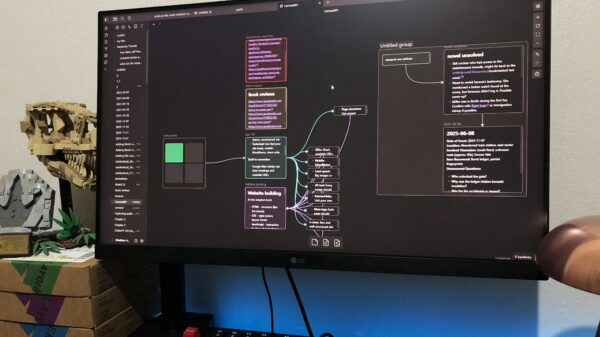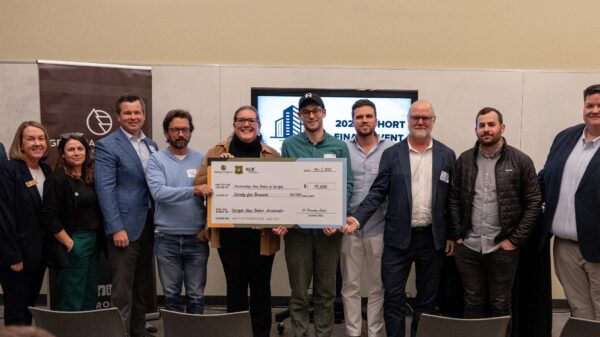Assistant Professor Weiping Pei, Ph.D., from the University of Tulsa, has achieved significant recognition in the field of cybersecurity by securing two grants from the U.S. National Science Foundation (NSF). Her notable accomplishments include the prestigious CAREER Award for her project titled “Improving Work Quality and Worker Safety in AI-Supported Crowd Work,” as well as a three-year grant for her initiative “Security, Privacy, and Trust in Cyberspace (SaTC) 2.0: RES: Understanding and Detecting Online Scams from Generative AI.” These awards highlight the university’s growing prominence in cybersecurity research.
CAREER Award Highlights Research and Educational Impact
The CAREER Award recognizes early-career scholars who showcase strong potential as both researchers and educators. This award uniquely emphasizes groundbreaking research while also acknowledging the educational impact of the recipient’s work. Pei expressed her gratitude, stating, “Receiving the CAREER Award is truly a dream come true. It reflects NSF’s belief in the promise of my research and my commitment to education. This recognition is incredibly meaningful, and I’m deeply honored.”
Pei’s research has evolved to address contemporary issues in cybersecurity. Initially focused on security and privacy challenges in crowdsourcing, her work now incorporates the integration of artificial intelligence in crowd work. This shift not only introduces innovative approaches but also raises potential systemic risks related to cybersecurity and privacy. Her current research aims to better understand these risks, targeting three key areas: the potential misuse of AI-based systems by crowd workers, errors within AI systems, and privacy concerns that AI technologies may pose to workers.
Addressing Risks and Advancing Cybersecurity Education
Pei’s project seeks to enhance understanding of human-AI collaboration and to develop safer, more ethical AI-based crowd work systems globally. She plans to make her research findings accessible to current and future researchers at the University of Tulsa and beyond. “The educational goal in the project is to develop modules that bring more disciplinary perspectives to cybersecurity education and that integrate cybersecurity concepts into courses across disciplines,” explained Pei. The modules, along with theories, datasets, and tools produced from her research, will be widely shared to promote educational and practical impacts.
Pei emphasized that this remarkable achievement is a collective milestone for both herself and the Tulsa community. She hopes it conveys a strong message about the region’s research capabilities, stating, “This award affirms the value of the research I’m passionate about and provides critical support to pursue it in a sustained and impactful way. For the broader Tulsa community, I hope it sends a clear message: nationally competitive, high-impact research can thrive here. Our region has the talent, vision, and commitment to shape the future of secure and inclusive technologies.”
Pei’s accomplishments are part of a broader narrative of excellence at the University of Tulsa, where faculty members within the College of Engineering & Computer Science continue to lead in cybersecurity research and innovation.





































































